Latin name: Commiphora mukul
Also know as: Indian bdellium-tree, gugal, guggul, gugul or Mukul myrrh tree, guggulipid
Origin: India
Commiphora mukul – Guggul Resin
Guggul Commiphora mukul is the resin of the medicinal shrub-like tree that grows in northern India and Pakistan. Guggul has been used for thousands of years in Ayurveda, the traditional medicine of India, to treat a variety of medical conditions. In Ayurveda Guggul is per-eminently used as a detox, but is also known as one of the natural aphrodisiacs.
Guggul is also used as incense in magical or spiritual ceremonies in Tibet and Nepal. Guggul as a sweet and warm fragrance similar to Myrrh but more spicy/musky. It works grounding and expels negative energies. Moreover, the smell repels mosquitoes.
Key Benefits of Guggul:
Guggul can be used for incense or to make ayurvedic extracts, powders, and topical salves. Because of its bitter taste, guggul is seldom used to make tea.
Fragrance: Spicy, cardamom like, musky, balsamic, sweet, heavy, heady and rich.
Properties: grounding, arousing, invoking, clearing
How to Burn Guggul Resin:
Light the charcoal with matches or lighter for about 20 seconds until it self-ignites. Use tongs to hold it up (never hold it with your fingers alone or you might get burned). Place the lit charcoal in a bowl or any incense burner. The bowl or incense burner should be filled with sand or dirt. Let the charcoal warm for a few minutes. (It turns gray around the edges when it is ready) Now you are ready! Add a small amount of guggul resin on top of the charcoal. The guggul resin will burn and soon release essential, aromatic oils through the smoke. Continue to place resins or powder on charcoal as they burn out and smoke decreases for a continuous burn.

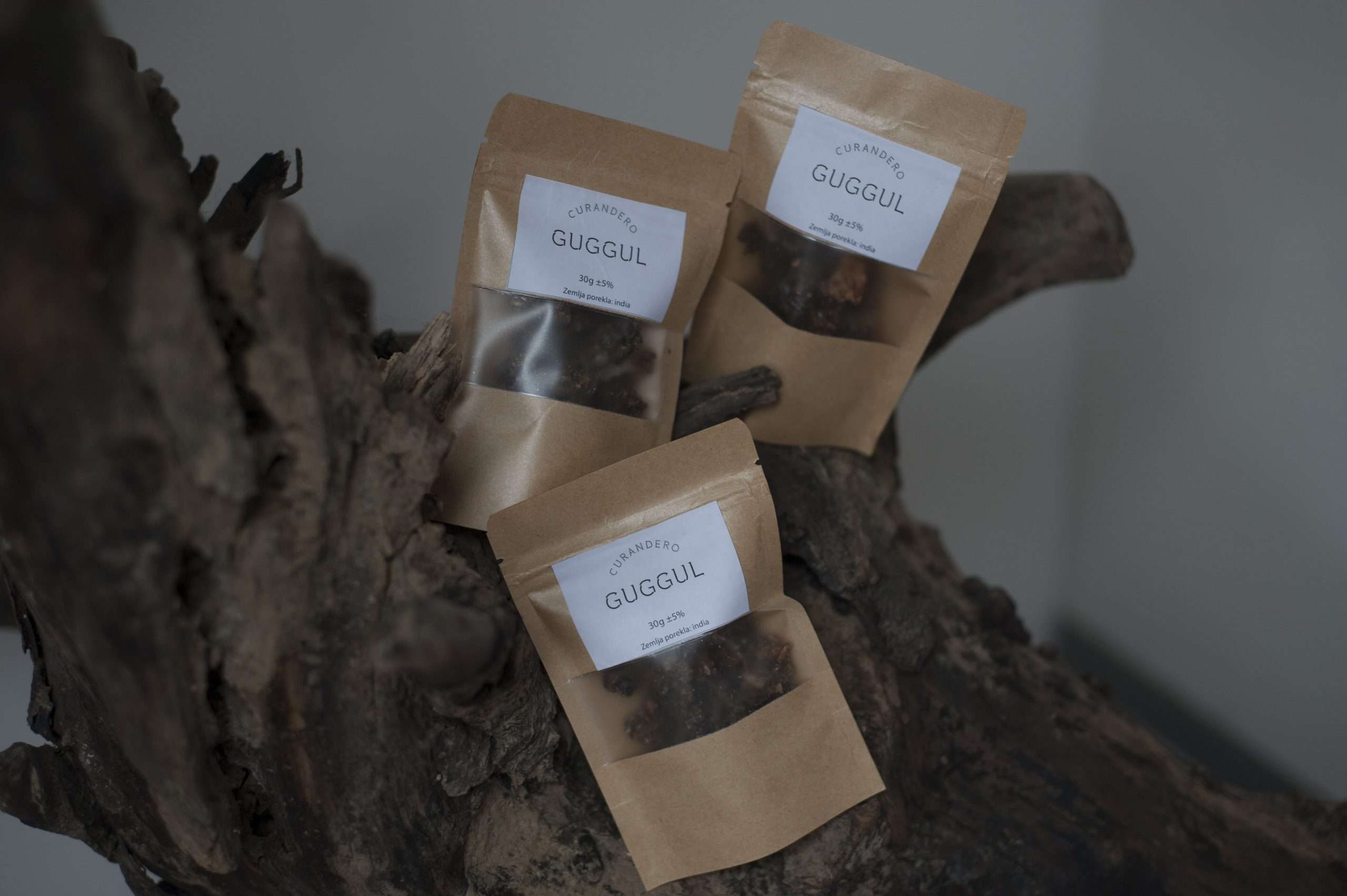
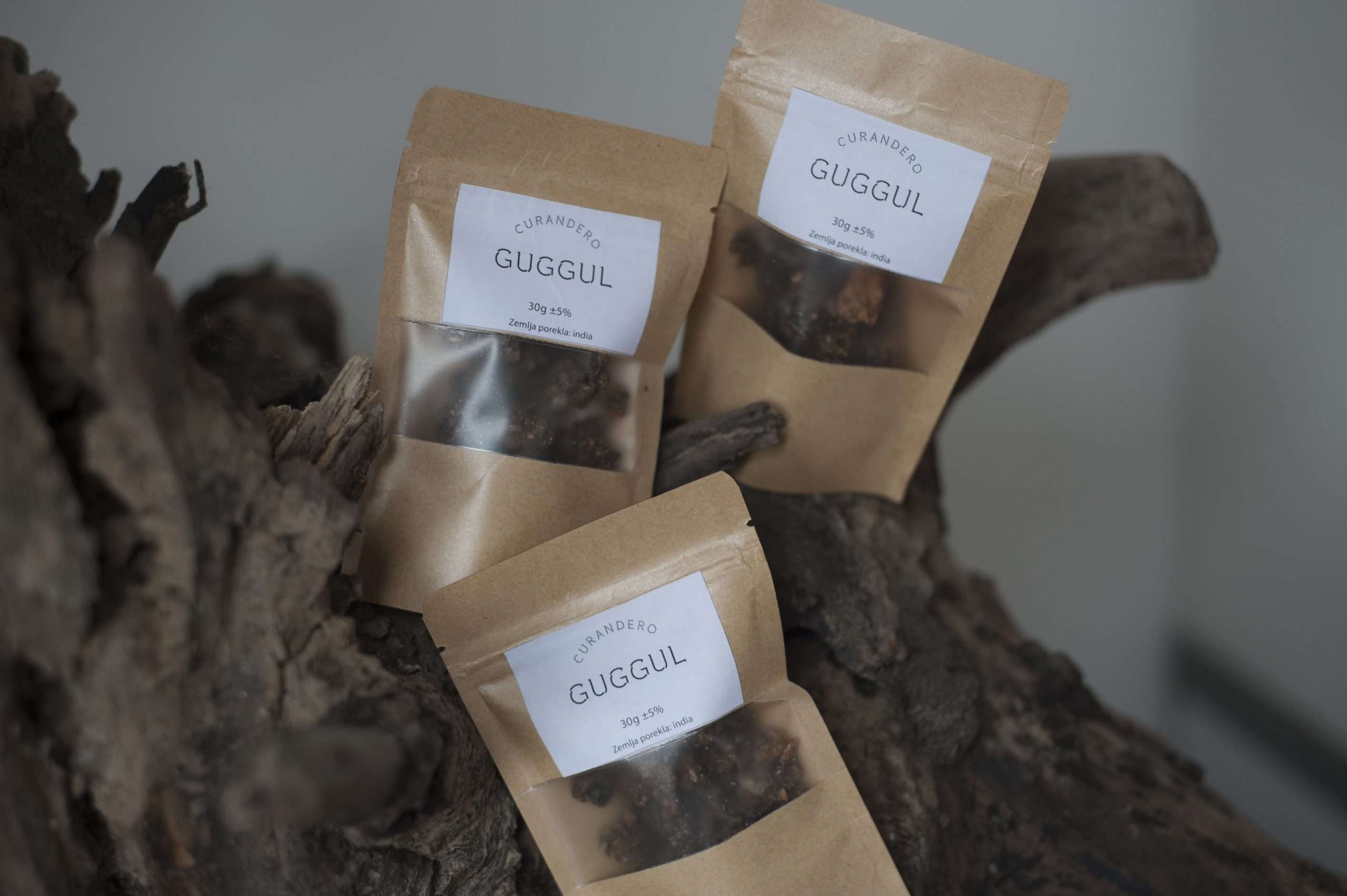
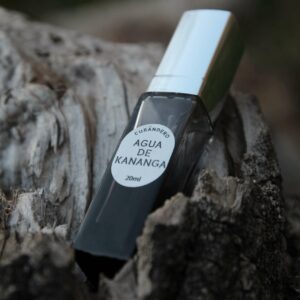
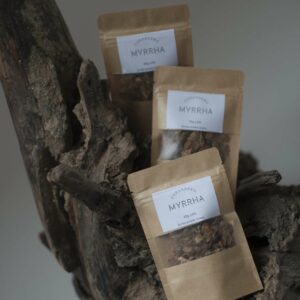
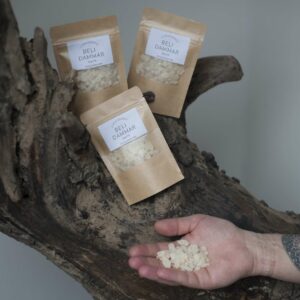
prishamilica –
Izuzetah Kvalitet koji me podseća na zemlju mojih predaka.
Miris me bukvalno vraća u detinjstvo kada me je baka vodila u posetu rodbini u Radzapur.
Hvala na divnoj misiji da spojiš sve stran sveta i doneseš daleke predele bliže nama.
Milica Prisha